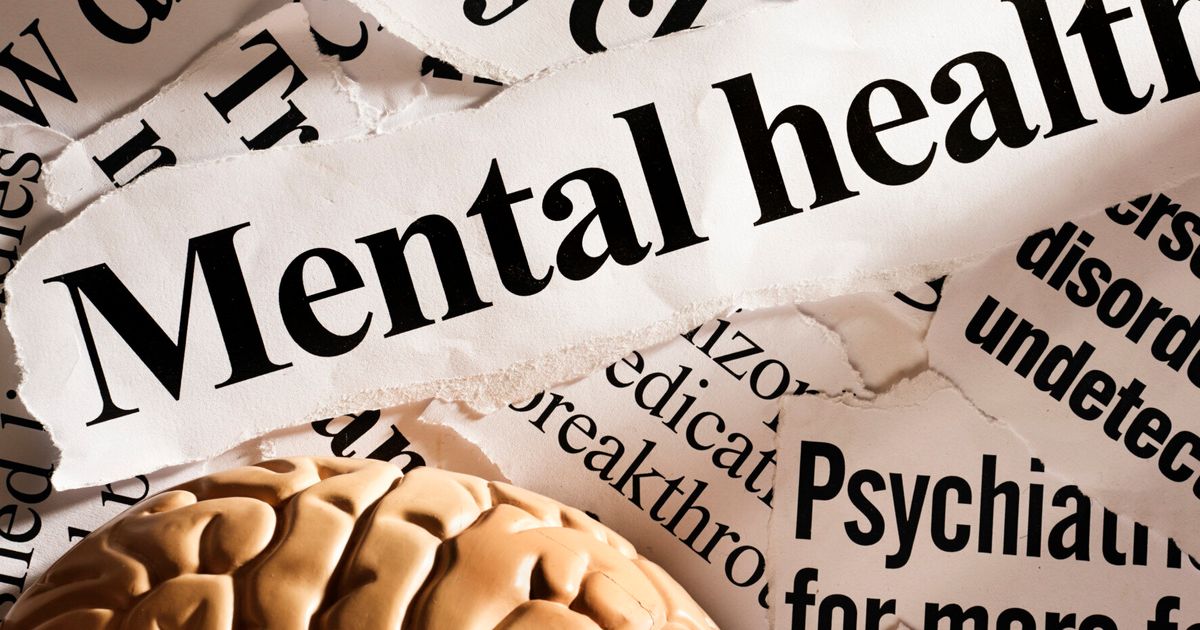
In today’s fast-paced world, priorit mental health breaks is essential for maintaining well-being, reducing stress, and enhancing overall mental resilience. Taking time for self-care and relaxation can have profound benefits on mental health, allowing individuals to recharge, refocus, and cultivate a sense of inner calm amid life’s pressures. Let’s delve into why mental health breaks are crucial, how they can positively impact mental-being, and practical strategies for incorporating into your daily routine
1. Understanding Mental Health Breaks
Mental breaks are periods of intentional rest, relaxation, and rejuvenation that allow individuals to step back from daily stressors, responsibilities, and obligations to prioritize their mental well-being. Taking regular breaks can help prevent burnout, boost mood, improve concentration, and enhance overall mental clarity and emotional balance.
2. The Impact of Stress on Mental Health: Why Breaks Are Vital
Prolonged exposure to stress can take a toll on mental health, leading to anxiety, fatigue, irritability, and decreased resilience in managing life’s challenges. Mental health breaks provide a reprieve from stress, allowing individuals to unwind, reset, and replenish mental energy to better cope with daily stressors and maintain emotional well-being.
3. Enhancing Productivity and Focus Through Mental Health Breaks
Contrary to the belief that constant work leads to greater productivity, taking regular mental health breaks can actually enhance focus, efficiency, and creativity in tasks. By allowing the mind to rest and recharge periodically, individuals can prevent mental exhaustion, improve cognitive function, and sustain high levels of productivity throughout the day.
4. Promoting Self-Care and Emotional Wellness

Incorporating mental health breaks into daily routines is a form of self-care that nurtures emotional wellness, self-awareness, and compassion towards oneself. Spending time engaging in activities that bring joy, relaxation, and comfort can boost self-esteem, reduce negative self-talk, and foster a positive relationship with one’s mental health and emotional needs.
5. Stress Reduction Strategies: Utilizing Mental Health Breaks
Mental health breaks serve as stress reduction strategies that help individuals unwind, release tension, and practice mindfulness in the midst of busy schedules. Engaging in activities such as deep breathing exercises, meditation, journaling, or taking a short walk can aid in stress management, promote relaxation, and create mental space for clarity and peace.
6. Balancing Work and Personal Life Through Mental Health Breaks
Maintaining a healthy work-life balance is essential for preserving mental well-being and preventing burnout. Scheduling regular mental health breaks throughout the day allows individuals to strike a balance between work responsibilities and personal life, carving out time for self-care, leisure activities, and rest to recharge both mentally and emotionally.
7. Establishing Boundaries and Setting Aside Time for Breaks
Setting boundaries around work demands and allocating dedicated time for mental health breaks is crucial for prioritizing self-care and mental wellness. By establishing clear boundaries on when to pause, step away from tasks, and indulge in restorative activities, individuals can protect their mental health, boost resilience, and prevent overwhelm.
8. Connecting with Nature During Mental Health Breaks
Nature has a remarkable healing effect on mental health, making outdoor breaks an effective strategy for rejuvenation and stress relief. Taking mental health breaks in natural settings, such as parks, gardens, or green spaces, can enhance mood, reduce anxiety, and promote a sense of calm and connection with the environment.
9. Mindful Technology Use: Unplugging During Mental Health Breaks
In an era of constant digital connectivity, unplugging from technology during mental health breaks is crucial for recharging the mind, reducing screen-related stress, and fostering mindfulness. By disconnecting from devices, social media, and digital distractions, individuals can create opportunities for mental rest, digital detox, and focusing on present-moment experiences.

10. Cultivating a Sustainable Self-Care Routine with Mental Health Breaks
Incorporating mental health breaks into a sustainable self-care routine is key to nurturing long-term mental resilience and emotional well-being. By making mental health breaks a regular practice, individuals can prioritize self-care, cultivate a healthy relationship with stress, and promote lasting mental wellness in their daily lives.










